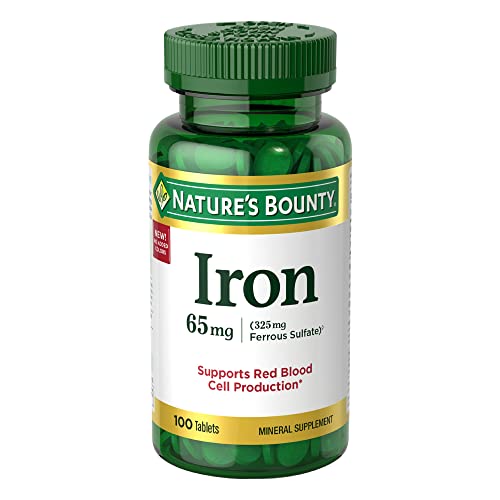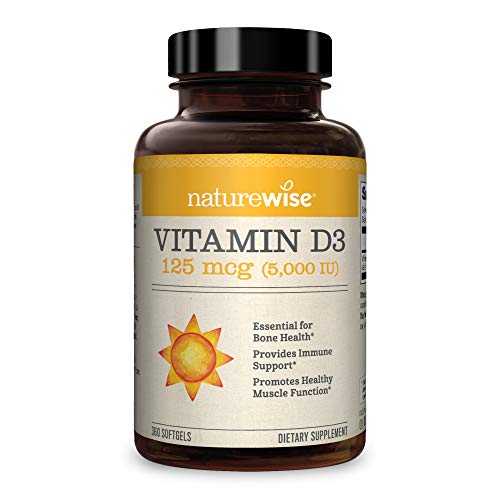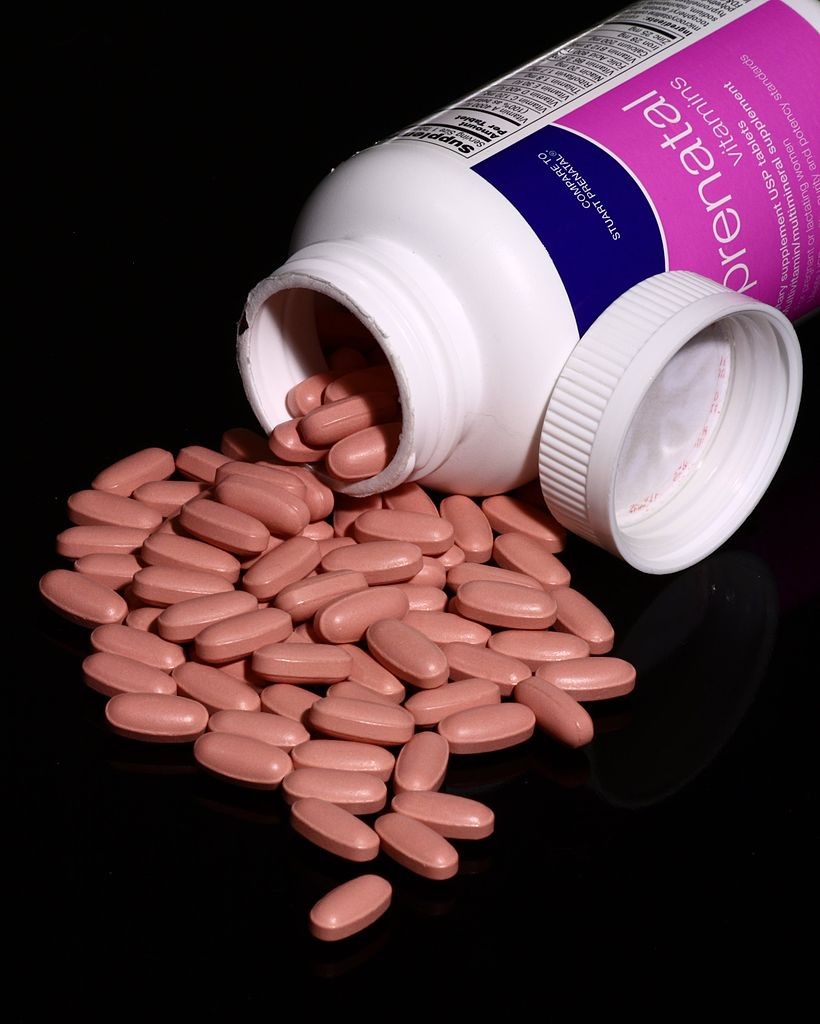1. Folic Acid
Folic acid, or folate, is a B-vitamin which is very important to get enough of at any time – but becomes crucial during pregnancy. Indeed, it’s so important that health authorities worldwide recommend that women take a supplement of 400mg of folic acid every day while drying to conceive and during pregnancy.
Folic acid is essential for the development of a healthy baby, and greatly reduces the chances of baby developing neural tube defects (i.e. problems with the brain, the spinal cord, and the spine) such as spina bifida. Neural tube defects can seriously hamper your child’s life, so plenty of folic acid is a must. In addition to supplements, you can also get folic acid through things like brown granary bread, green leafy vegetables, and fortified cereals.

2. Iron
Iron is needed in order to keep your red blood cells healthy and your circulatory system in good working order. Iron deficiency is unfortunately reasonably common in the Western world due to the fact that we eat far too many processed carbohydrates and not enough green leafy veg.
Iron levels can also drop during pregnancy as your body diverts resources to the growing fetus. If you do not have enough iron in your body while pregnant, the risk of going into labor preterm is significantly increased [1], and can leave baby weak and at a low weight. You can easily get iron through eating red meat, dark green vegetables such as spinach, kale, and broccoli, or from supplements.

3. Calcium
Calcium, as we all know from infomercials, is needed to maintain a healthy skeleton and ensure that developing bones grow straight and strong. So it’s important for pregnant ladies to get lots of calcium in order to help the skeleton of their baby develop as it should. However, the World Health Organization also recommends [2] that ladies take calcium supplements during pregnancy as doing so can reduce the risk of developing hypertensive disorders.
Hypertensive disorders are a frequent contributor to pregnancy or childbirth related maternal deaths, and also increase the risk of a preterm birth. So taking calcium is important for both baby and mother! Good sources of calcium include dairy products, kale, and sardines.

4. Vitamin D
Vitamin D is a vastly underrated vitamin. It helps the body to process calcium and phosphorus which, as mentioned above, are a great help to both mother and baby. Vitamin D can thus help baby’s bones to grow healthily, and can help mother to maintain good health during pregnancy and childbirth. However, it’s also thought that Vitamin D can have a significant effect upon people’s moods. Vitamin D deficiency has been associated with erratic moods, particularly when turbulent hormones such as abound during pregnancy and the menopause are thrown into the mix.
Women who get more Vitamin D have greater protection not only against hypertensive disorders and skeletal problems, they also tend to be less subject to the vagaries of their emotions, and more able to deal with hormone-related mood swings. Vitamin D is easy to come by – it is absorbed through the skin in sunlight (do be careful not to overdo it, though – skin cancer is always a risk if you have pale skin!). Vitamin D deficiency is reasonably easily treated even if you have little access to the sunny outdoors. There are plenty of supplements you can take, or you can find it within fatty fish oils, mushrooms, and egg yolks.

5. DHA
Docosahexaeonic Acid – or ‘DHA’ – is an Omega 3 fatty acid which is absolutely essential for the development of a healthy brain [3]. Indeed, DHA is the stuff of which most of human brains, retinas, cerebral cortexes, skin, sperm, and testicles are made. Little wonder, therefore, that we need to get plenty of it while pregnant! Unfortunately, typical Western diets are reasonably low in DHA, so you can’t rely on getting enough in the usual course of your diet. DHA can be found in oily fish, algae (which are turned into dietary supplements), and egg yolks and poultry in small amounts.

6. Iodine
Iodine is needed for healthy brain development, and there’s considerable evidence to suggest that taking iodine during pregnancy can give your baby a higher IQ. Indeed, some health authorities believe that giving all pregnant women iodine supplements would make pregnancy considerably easier and raise the cognitive power of the nation at the same time [4]! Iodine is not hard to find, and a good, varied diet should naturally include plenty of it. Milk is an excellent source of dietary iodine, and can also be found in fish.

- [1] Lindsay H Allen, “Anemia and iron deficiency: effects on pregnancy outcome”, American Journal of Clinical Nutrition, 2000
- [2] World Health Organization, “Guideline: Calcium supplementation in pregnant women”, 2013
- [3] Lloyd A Horrocks, Young K Yeo, “Health Benefits Of Docosahexaeonic Acid (DHA)”, Journal of Pharmacological Research, 1999
- [4] BBC, “Pregnancy iodine pills ‘good for babies and economy’”, Aug 2015









